Trikala’s Presentation Day took place on 8 June at the Tsitsanis Museum, a new popular cultural centre close to the central square (and therefore also to the Citizen Mobility Lab). Besides our local partners (e-trikala and Q-PLAN International), other organisations participated in the event to share their view on the opportunities Cities-4-People creates for them and their members. Mrs. Soula Braki from the Technical Services Department of the Municipality of Trikala expressed their ambitions of improving the city with the help of citizens’ participation. Mrs. Eleni Kaima, President of AROGI (an Association for People with Disabilities) brought forward the needs of people living with a disability in terms of city infrastructure, but also participatory decision making processes. Alexia Spironidou and Kosmas Anagnostopoulos (CIVINET CY-EL) stressed the importance of the citizens’ participation in City Planning to make sure new perspectives are taken into account and introduced examples of participatory methods of collaboration. Ioannis Kostopoulos (White Research) presented the CIPTEC project (Collective Innovation for Public Transport in European Cities), looking at the challenges it addressed and at the tools and solutions it provided.
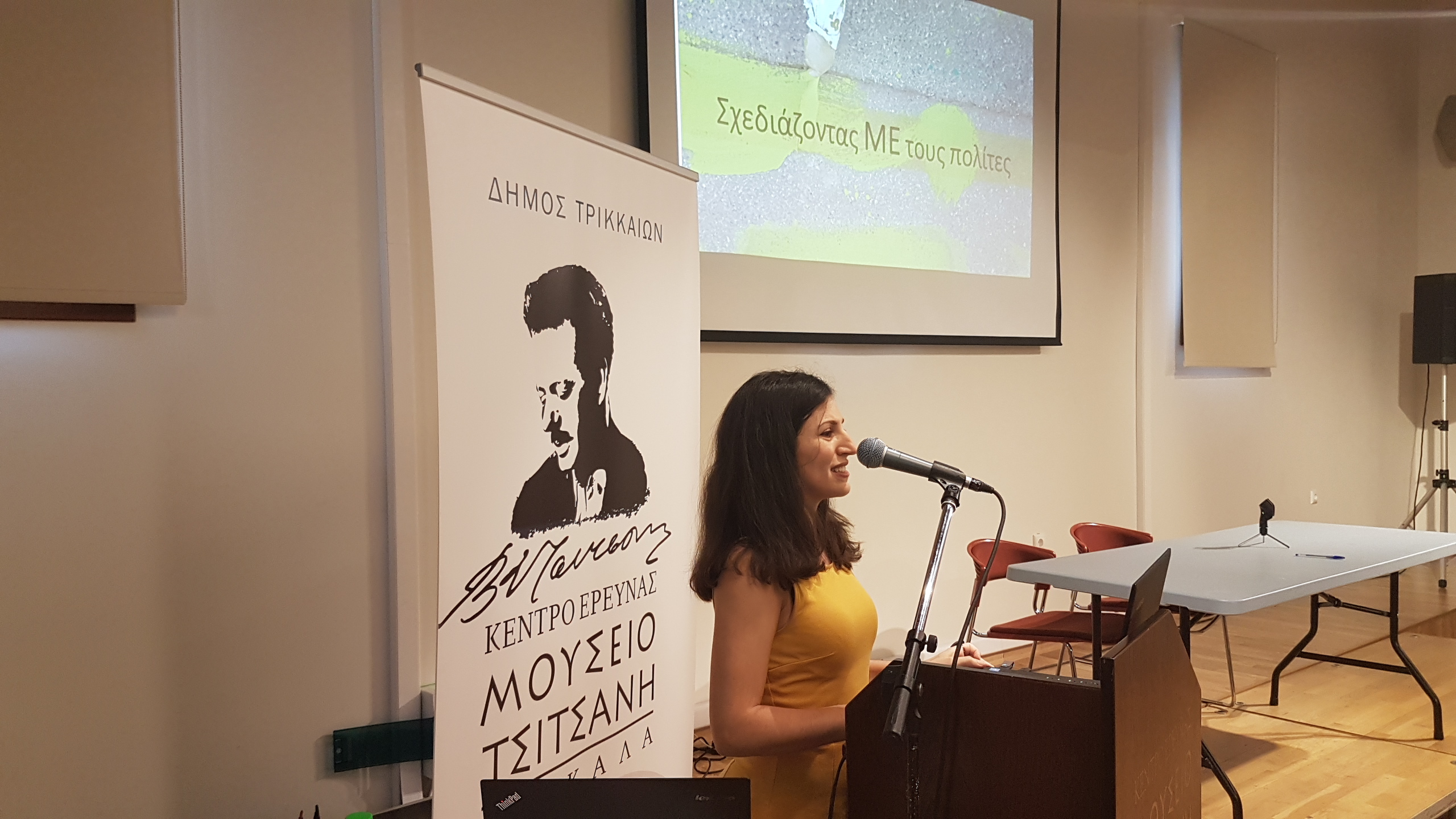
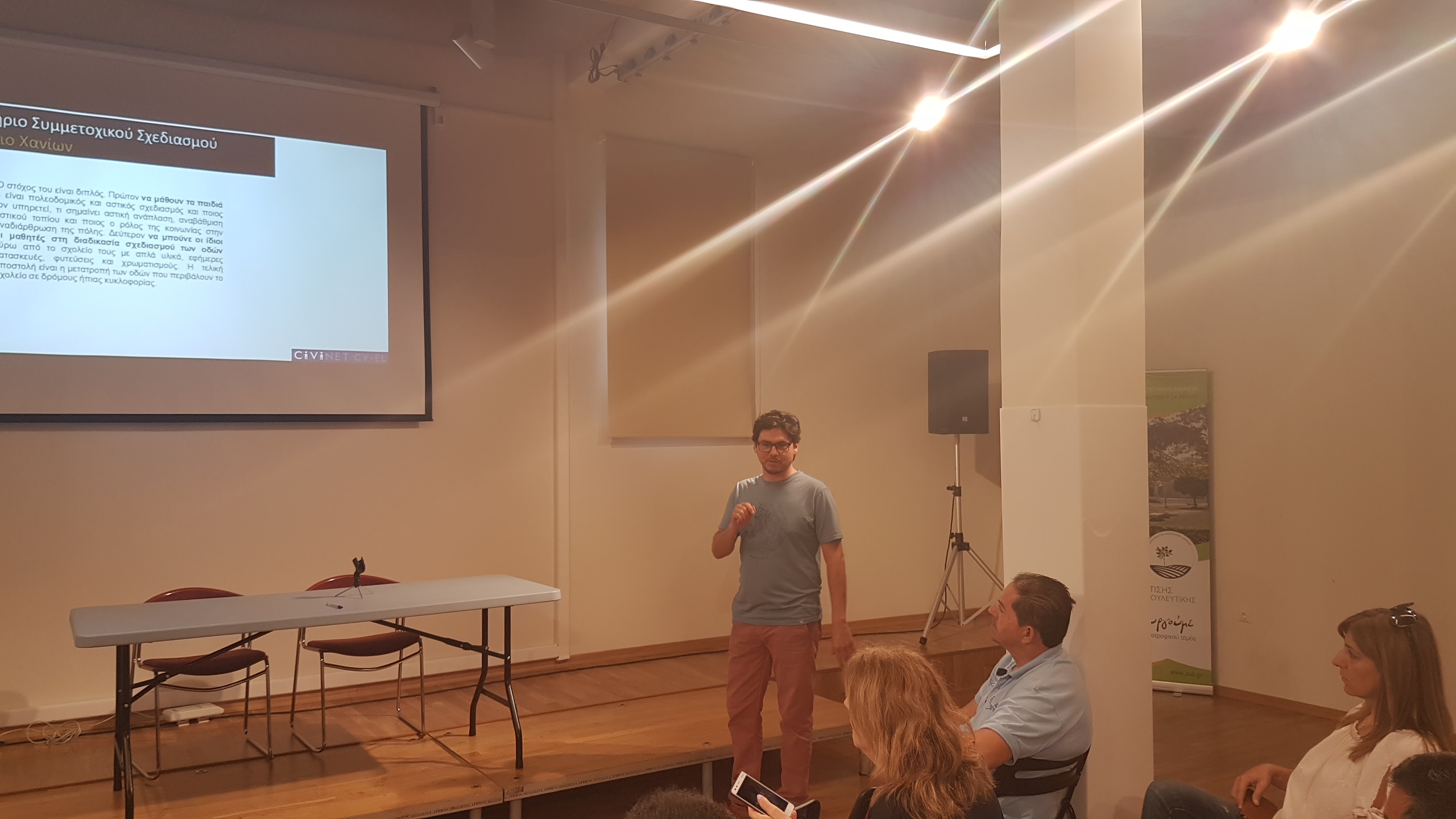
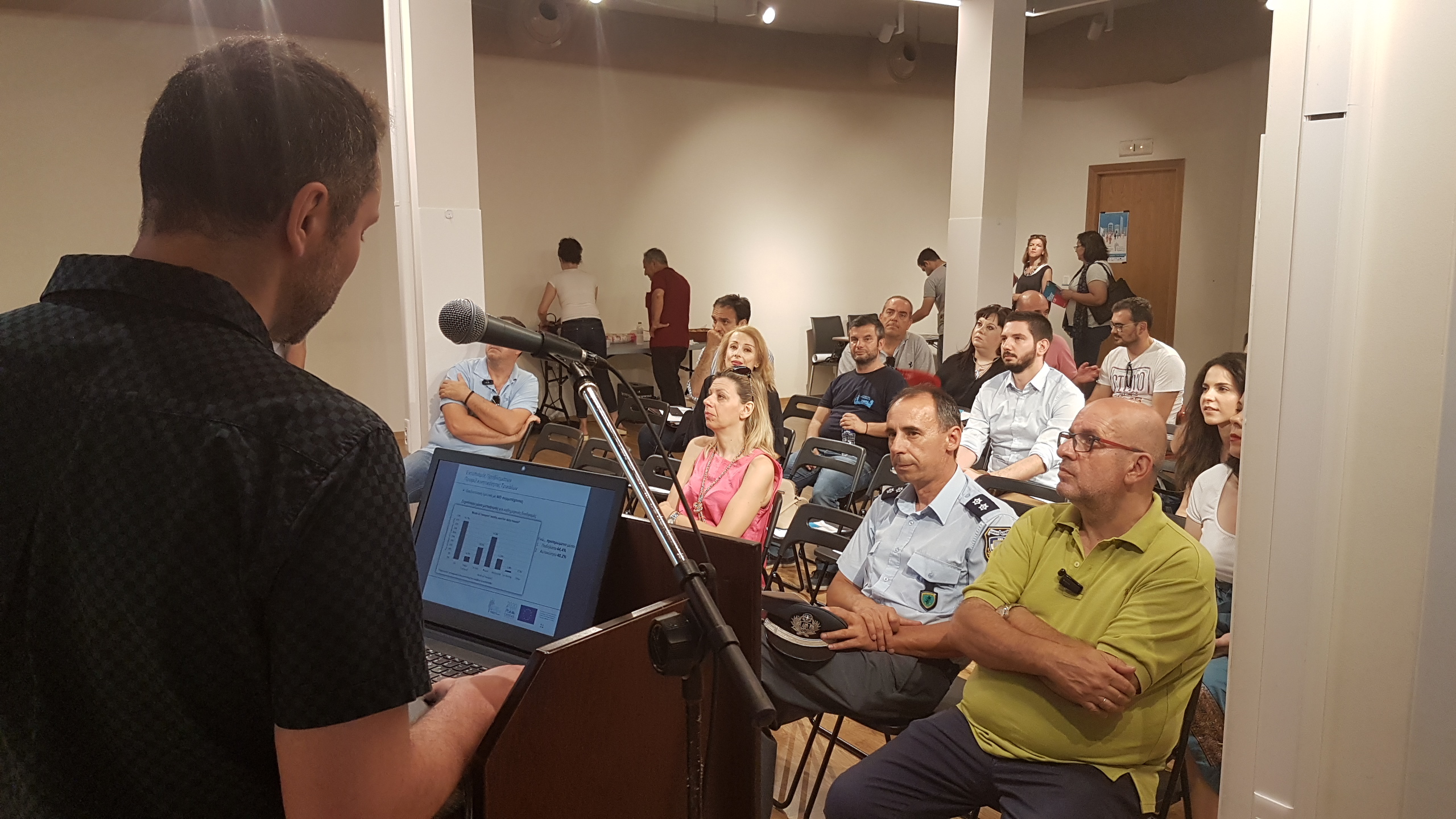

Local mobility providers such as representatives from the taxi association, the local bus service provider and other important stakeholders (shop keepers from the open market, police, etc.) discussed about the main mobility problems in the central square. The Crazy 8 exercise was used to collect ideas on how these problems could be addressed. Among others, the following ideas emerged:
- Repositioning the bus station away from the central square
- Reducing the size of the bus station, if this cannot be moved from the central square
- Limiting the number of taxis that can park around the central square
- Introducing smart traffic lights to improve the flow of vehicles
- Increasing the number of ramps to improve accessibility for people with disabilities
- Increasing the number of roads that are closed to traffic (pedestrian-only)
- Integrating and unifying the network of bike paths
- Improving the accessibility level at bus stops
- Prohibiting parking or limiting the number of parking slots around the square.
The event ended up being an opportunity to mobilise citizens and draw the attention of local mobility stakeholders, raise the visibility of the Citizen Mobility Community, and set the stage for both the Hackday and the further roll-out of the project pilot. We thank all the participants for their valuable contribution and we hope to see them at the Hackday!

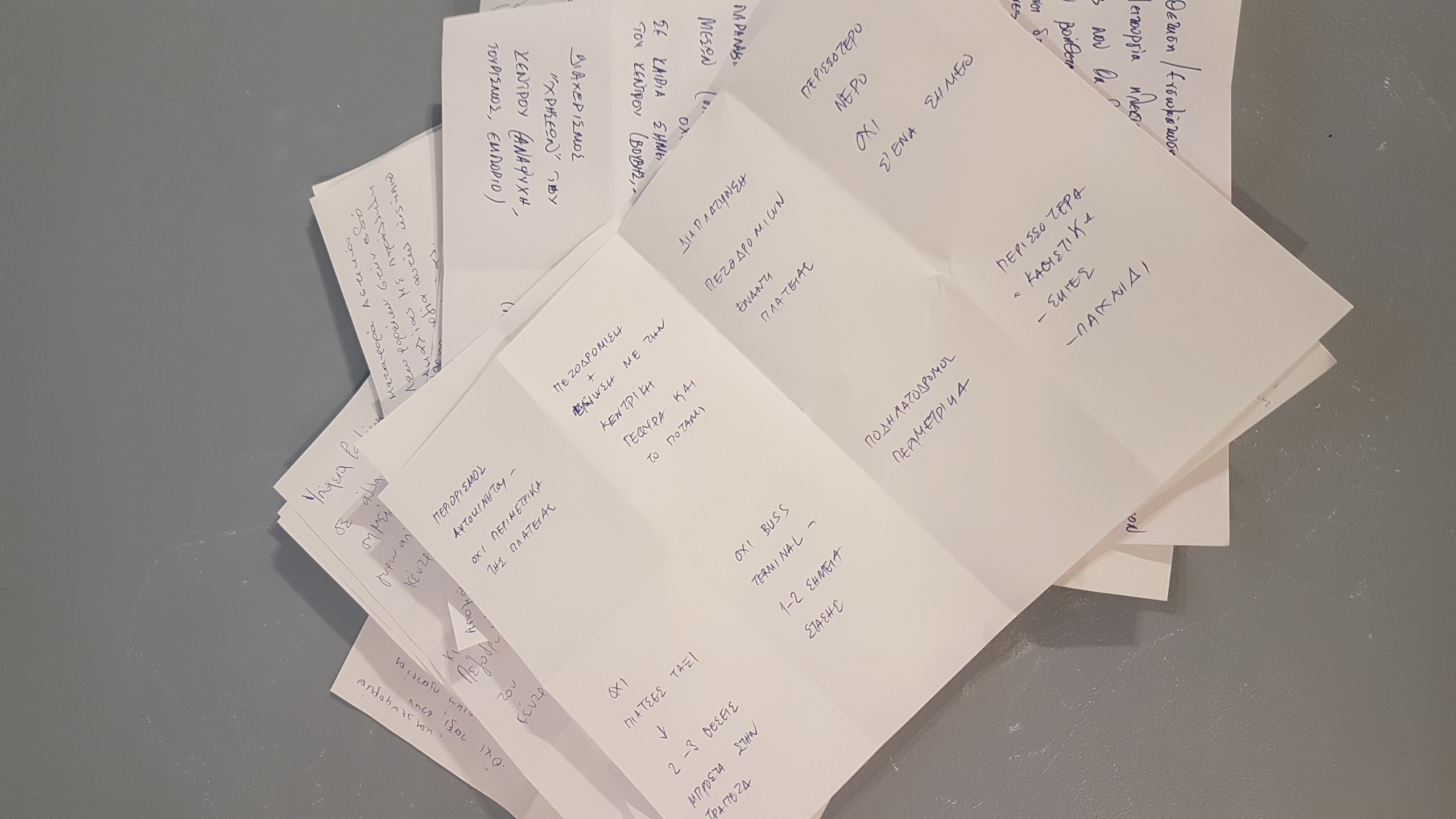
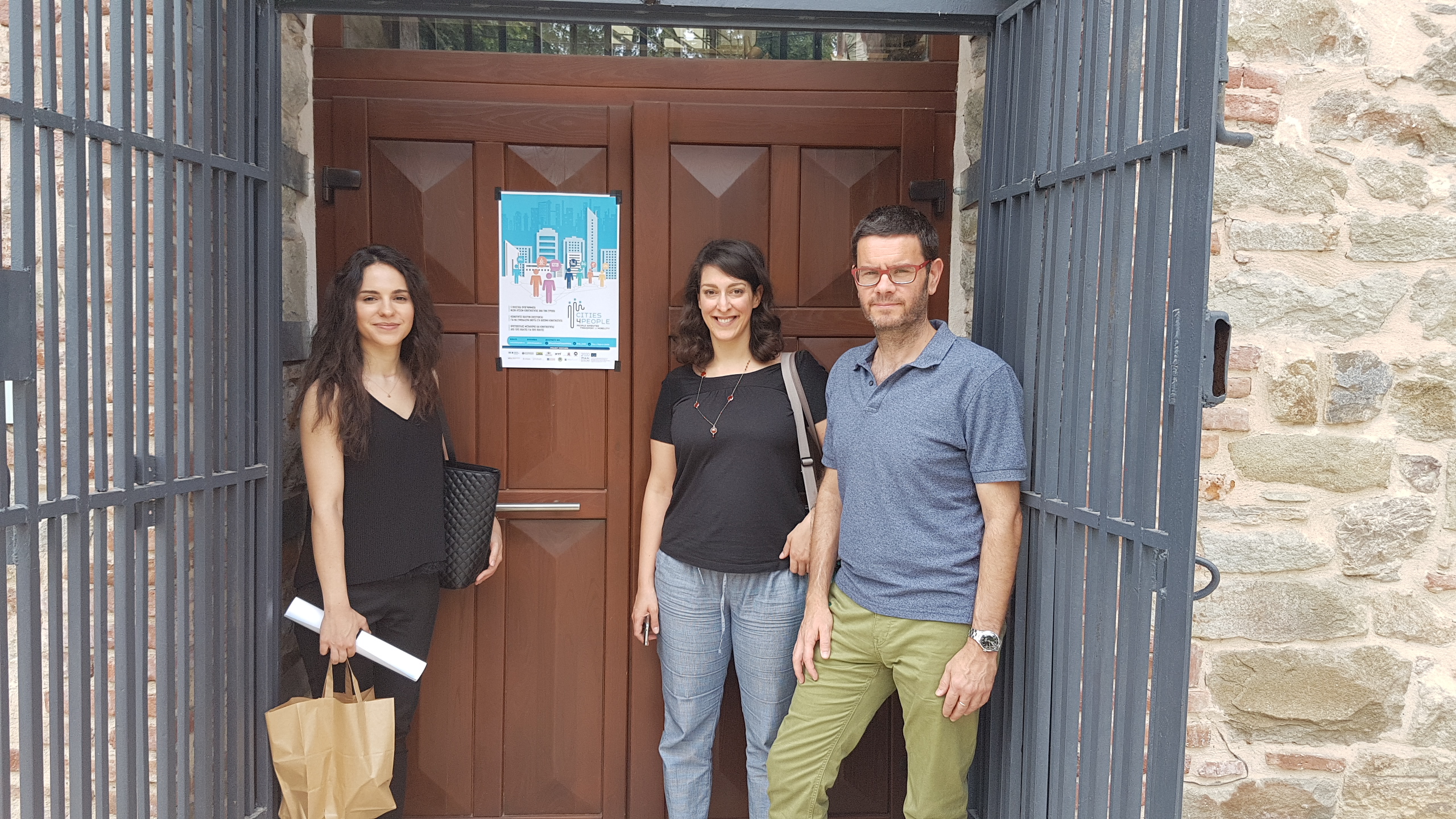
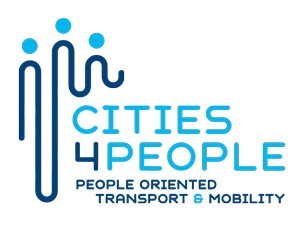
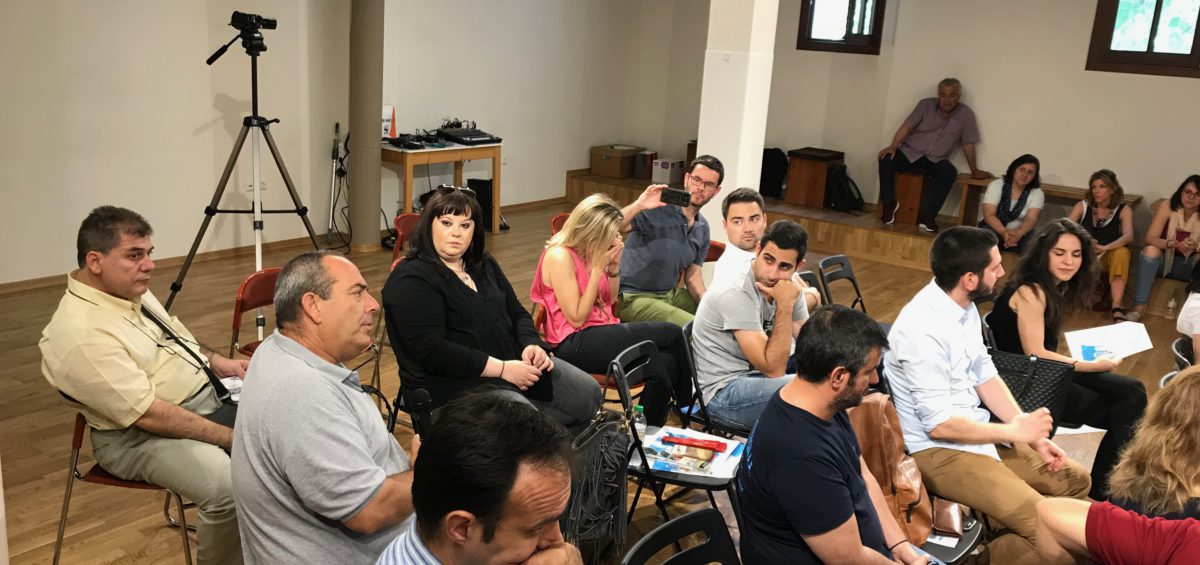


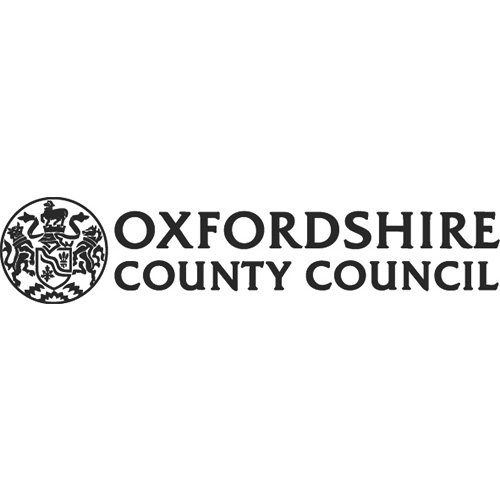

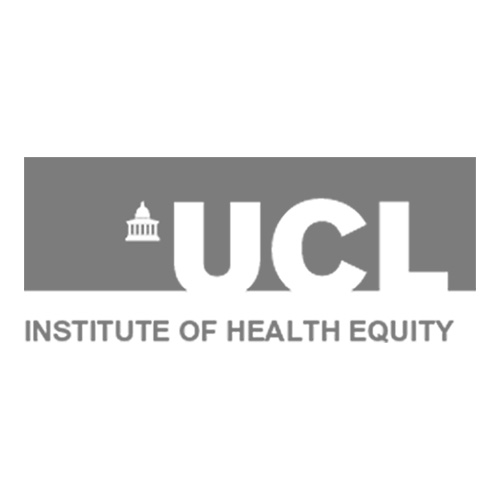

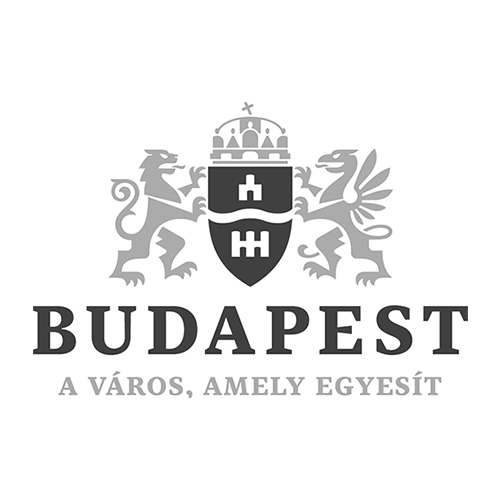
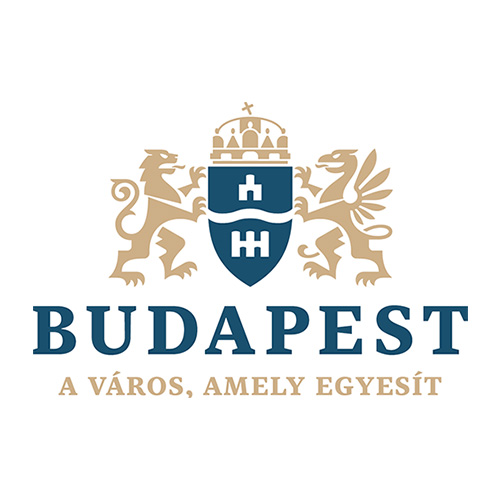
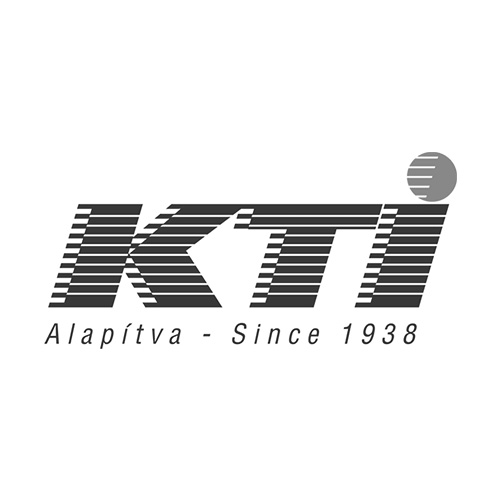
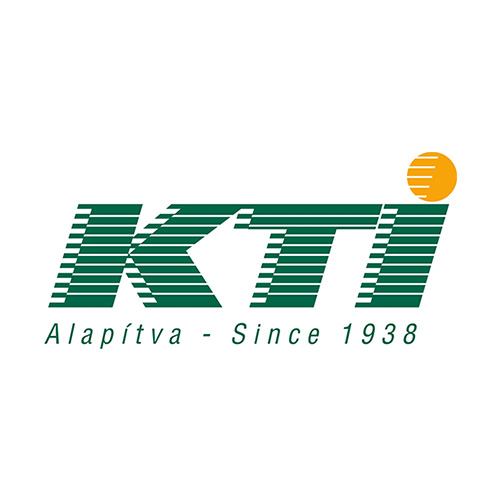
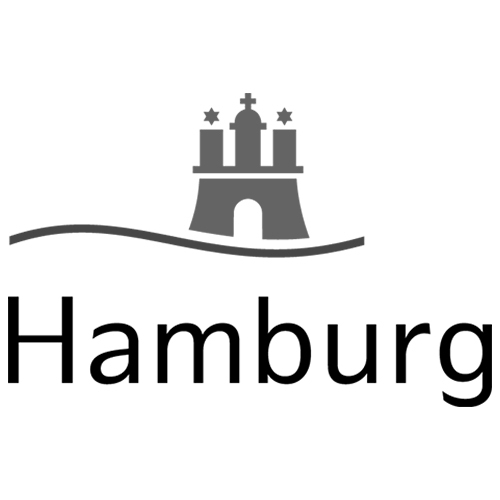
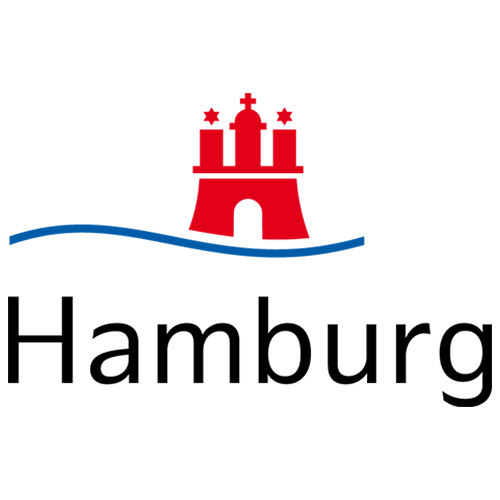
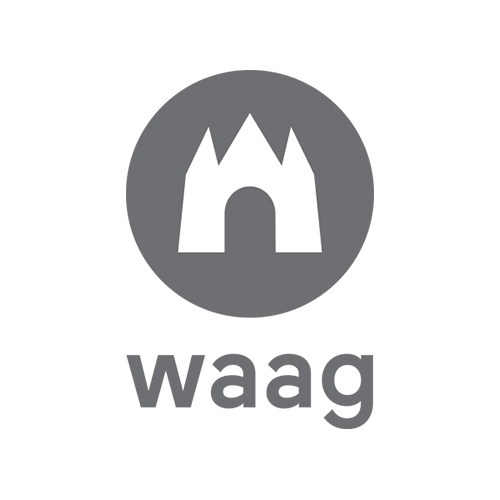
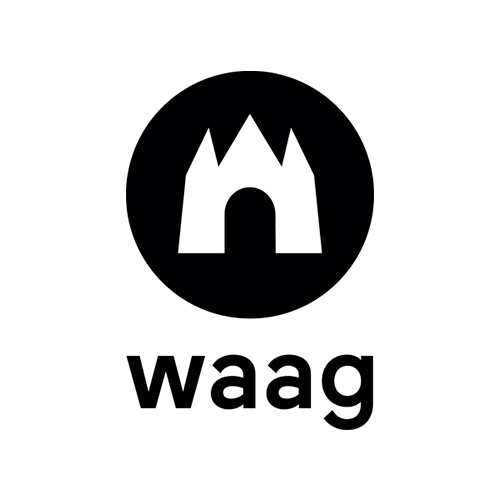
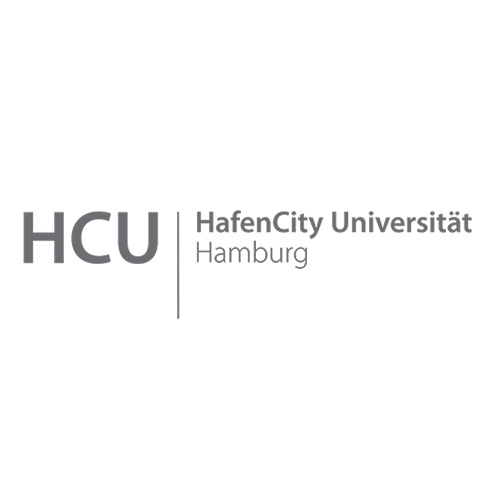
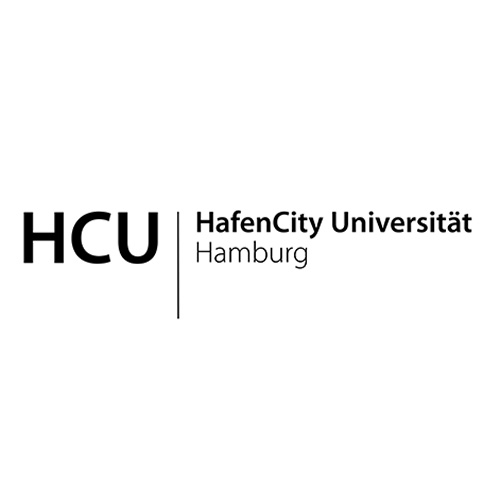
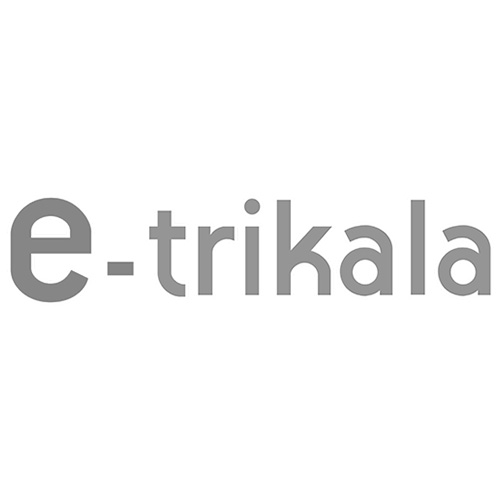
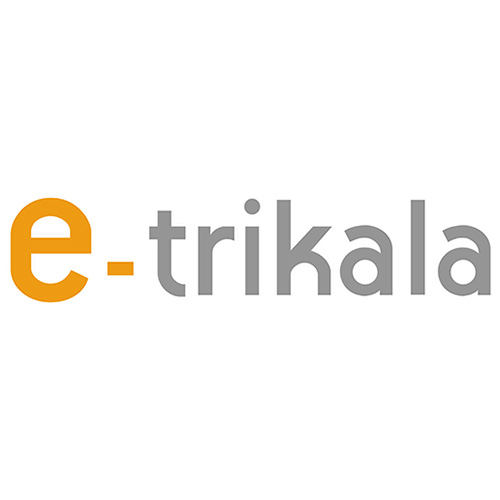


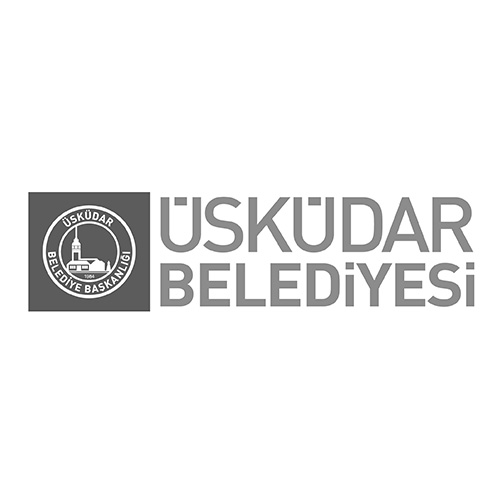

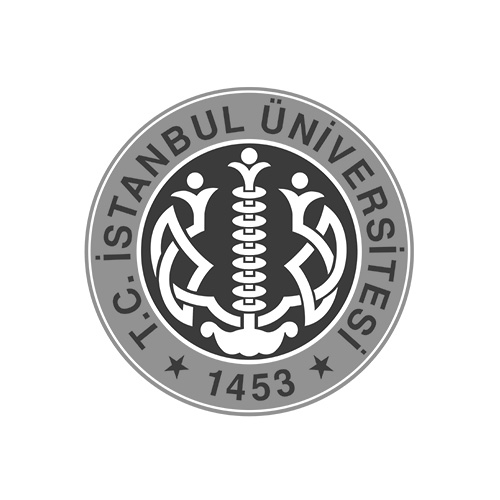
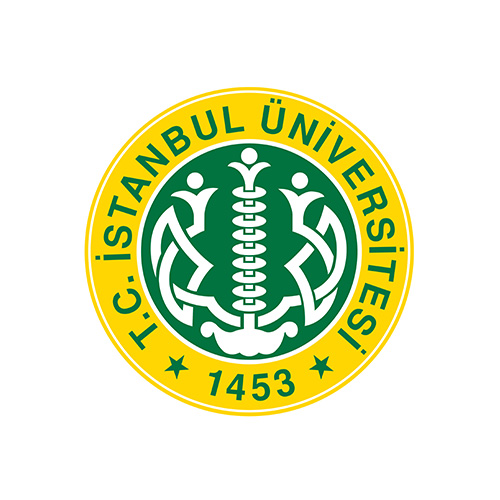


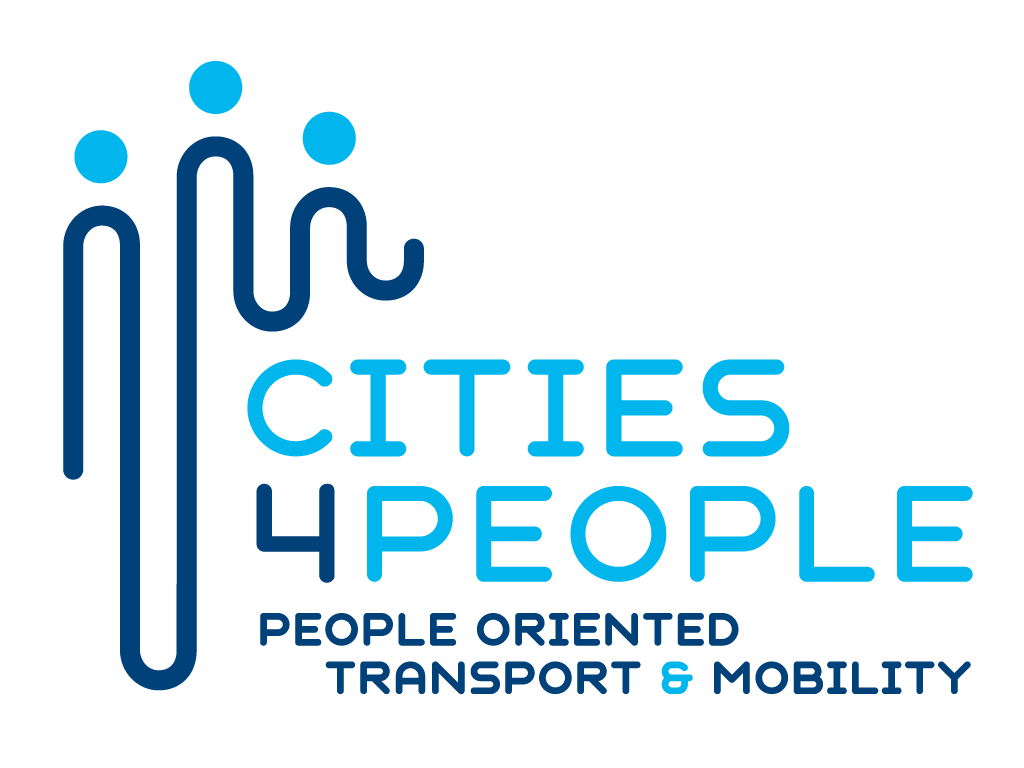
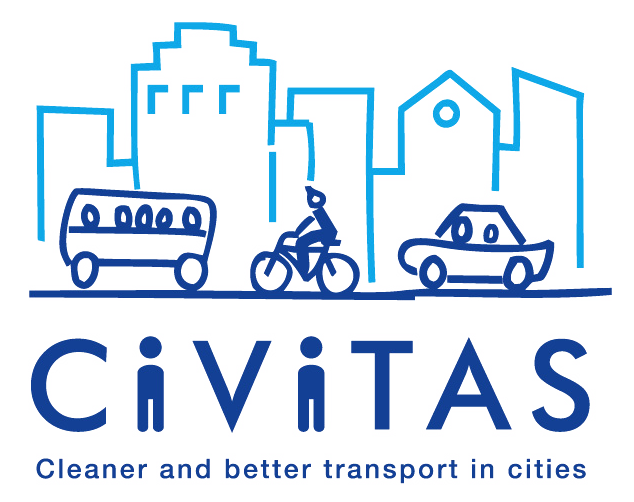


 English
English Magyar
Magyar Ελληνικά
Ελληνικά Deutsch
Deutsch